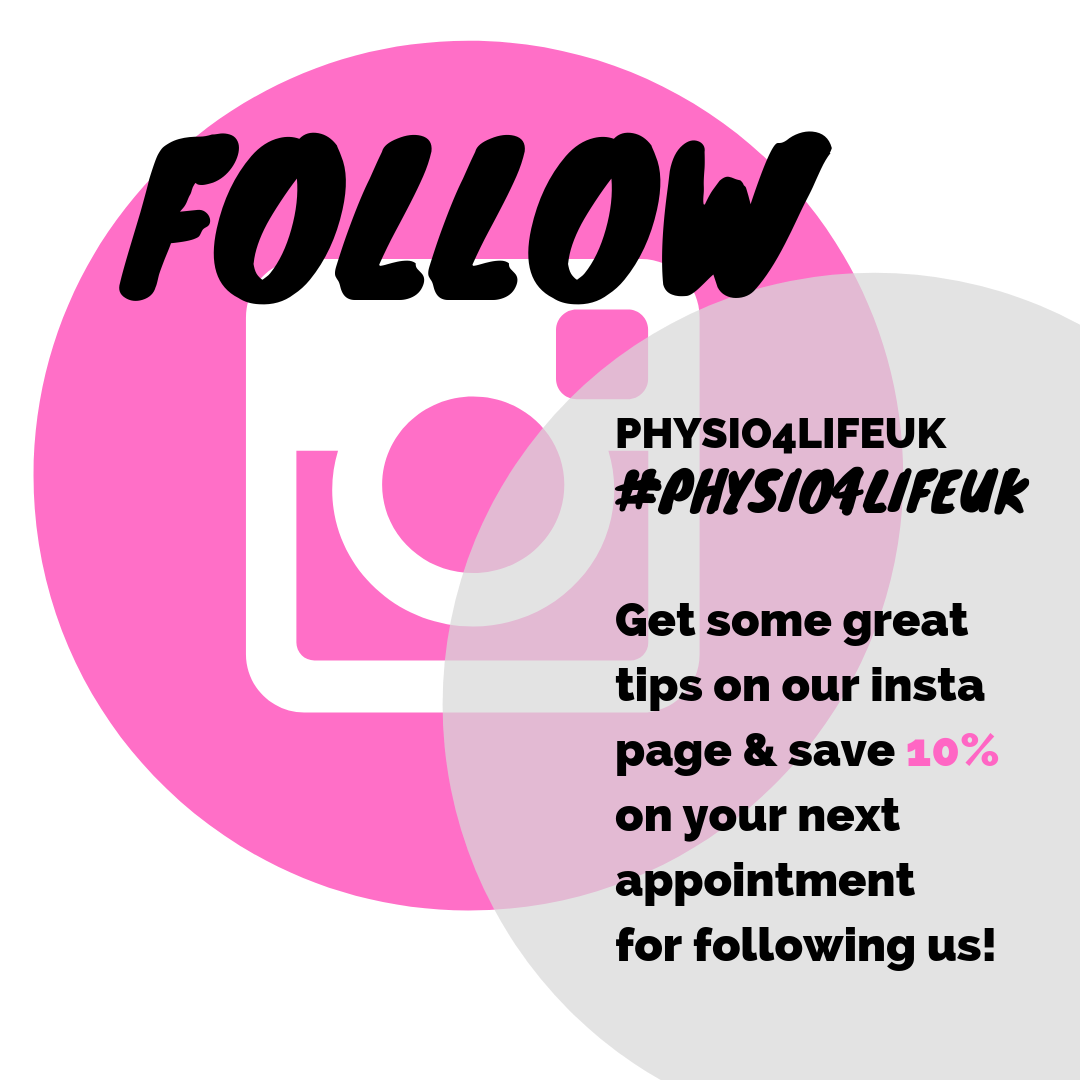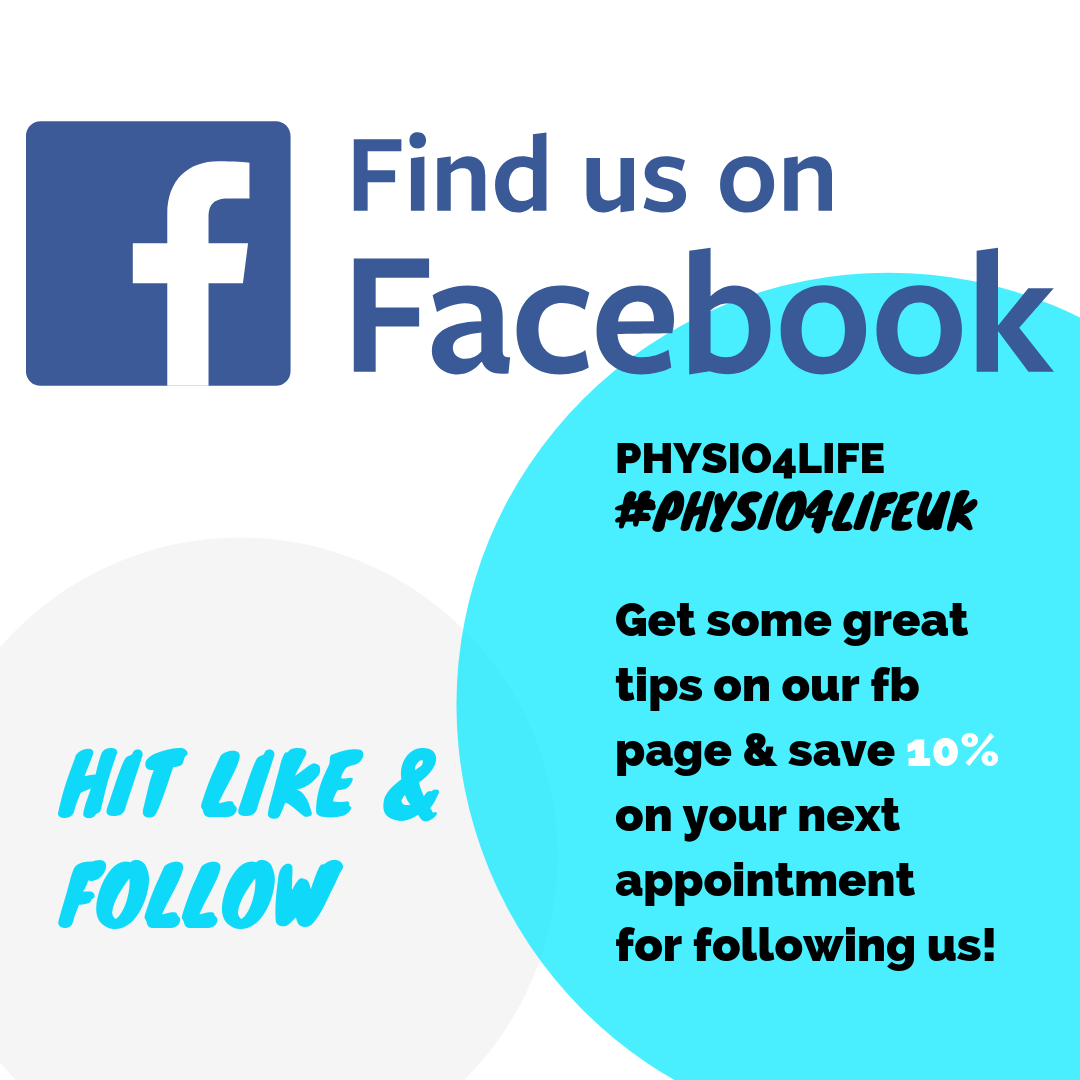
Our London physiotherapists can help treat your sports injuries.
Sports injuries are injuries that occur to athletes participating in sporting events. In many cases, these types of injuries are due to overuse of a part of the body when participating in a certain activity. For example, runner’s knee is a painful condition generally associated with running, while tennis elbow is a form of repetitive stress injury at the elbow, although it does not often occur with tennis players. Other types of injuries can be caused by a hard contact with something. This can often cause a broken bone or torn ligament or tendon.
Injuries are a common occurrence in professional sports and most teams have athletic trainers and close connections to the medical community. Controversy has risen at times when teams have made decisions that could threaten a player’s long-term health for short term gain.
Sports injury Classification
Sports injuries can be broadly classified as either traumatic or overuse injuries. Traumatic injuries account for most injuries in contact sports such as association football, rugby league, rugby union, Australian football, Gaelic football and American football because of the dynamic and high collision nature of these sports. These injuries range from bruises and muscle strains, to fractures and head injuries.
A bruise or contusion is damage to small blood vessels which causes bleeding within the tissues. A muscle strain is a small tear of muscle fibers and a ligament sprain is a small tear of the ligament tissue. The body’s response to these sports injuries is the same in the initial five day period immediately following the traumatic incident – inflammation.
Sports Injury Signs & Symptoms
Inflammation is characterized by pain, localized swelling, heat, redness and a loss of function.
Mechanism
All of these traumatic injuries cause damage to the cells that make up the soft tissues. The dead and damaged cells release chemicals, which initiate an inflammatory response. Small blood vessels are damaged and opened up, producing bleeding within the tissue. In the body’s normal reaction, a small blood clot is formed in order to stop this bleeding and from this clot special cells (called fibroblasts) begin the healing process by laying down scar tissue.
The inflammatory stage is therefore the first phase of healing. However, too much of an inflammatory response in the early stages can mean that the healing process takes longer and a return to activity is delayed. The sports injury treatments are intended to minimize the inflammatory phase of an injury, so that the overall healing process is accelerated.
Sports Injury Treatment Using Physiotherapy
Sports injuries can be treated and managed by using the P.R.I.C.E.R… DR. ABC, T.O.T.A.P.S and R.I.C.E regimes:
P – Protect
R – Rest
I – Ice
C – Compression
E – Elevation
R – Referral
D – Danger
R – Response
A – Airway
B – Breathing
C – Circulation
T – Talk
O – Observe
T – Touch
A – Active movement
P – Passive movement
S – Skills test
R-Rest
I-Ice
C-Compression
E-Elevation
The primary inflammatory stage typically lasts around 5 days and all treatment during this time is designed to address the cardinal signs of inflammation – pain, swelling, redness, heat and a loss of function.
Compression sportswear is becoming very popular with both professional and amateur athletes. These garments are thought to both reduce the risk of muscle injury and speed up muscle recovery.



